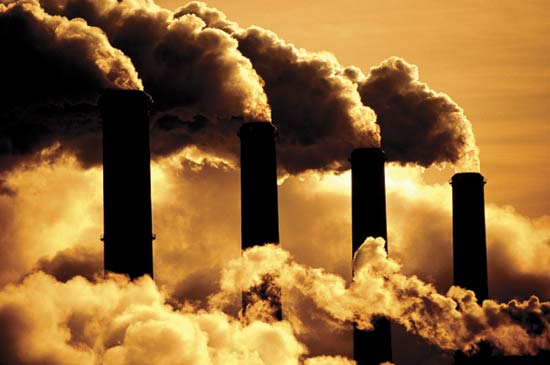By Dean O’Donnell
Last year, the UN’s Intergovernmental Panel on Climate Change warned that we have a mere 12 years to keep global warming to 1.5 degrees above pre-industrial levels, after which point the more catastrophic effects of climate change – floods, droughts, heatwaves – will greatly worsen.
Such a goal can only be achieved through a drastic reduction in the greenhouse gasses responsible for this rise in temperature. Globally, CO2 emissions are by far the most significant, making up 76% of all greenhouse gasses caused by human activity. The vast majority of these are a result of the burning of fossil fuels – coal, crude oil and natural gas.
For this reason, a key demand of a recently energized global climate movement is to ‘keep it in the ground.’ An immediate halt to the extraction of fossil fuels and a transition to renewable energy is absolutely essential if we hope to avert climate disaster.
Investments in fossil fuels
Under pressure from below and increasingly stark warnings by the science community, much of the ruling class pay lip service to the idea of tackling climate change. Yet there remains a gaping abyss between the solutions we actually need and what the representatives of capitalism are willing to offer.
Even the limited targets set by the Paris Climate Agreement look increasingly unlikely. After a plateau in recent years, 2018 saw global carbon emission jump back to a rate of growth of 2.7 percent and 2019 looks to follow a similar path.
The maintenance and even growth of the fossil fuel industry has the full backing of the capitalist class. According to a new report, Banking on Climate Change, the world’s top 33 banks in the world have, since 2016, collectively invested $1.9 trillion in the industry. $600 billion of this has gone to 100 companies that are seeking to aggressively expand their endeavors in coal, gas and oil projects.
Hollow rhetoric from Ireland
Similarly, Ireland is set to fall short of curbing greenhouse emissions below the 2030 targets set by the EU. While Leo Varadkar claimed he was “inspired and enthused” by school students’ strike for climate action, the FG/FF government have no real interest in taking the measures necessary to move away from fossil fuels.
Last year the government lost a vote on a Solidarity-PBP bill to ban the extraction fossil fuels in Ireland. Now, just weeks after a “green wave” in local and euro elections, which reflected a desire for climate action particularly amongst younger layers of society, they are using parliamentary maneuvers to kill the bill at the committee stage.
In reality the Irish ruling class is reluctant to offend the interests of multinational fossil fuel companies which, as in the case of the corrib oil fields, saw the likes of Shell make millions. Despite their rhetoric, we should be under no illusion that the establishment will go to the necessary lengths to move away from the economy’s dependence on fossil fuels, as they are wedded to a system that puts short-term profit before all else.
Socialist policies
Only by taking the energy sector and financial institutions into democratic public ownership can we guarantee the funding and planning of a just and rapid transfer away from fossil fuels to renewable energy. A dramatically expanded free public transport system under worker and community control would also greatly reduce the number of cars on the road and thus CO2 emissions.
Only a break with the logic of capitalism can place us on the road to tackling climate change on the basis of the needs of people and the planet.












